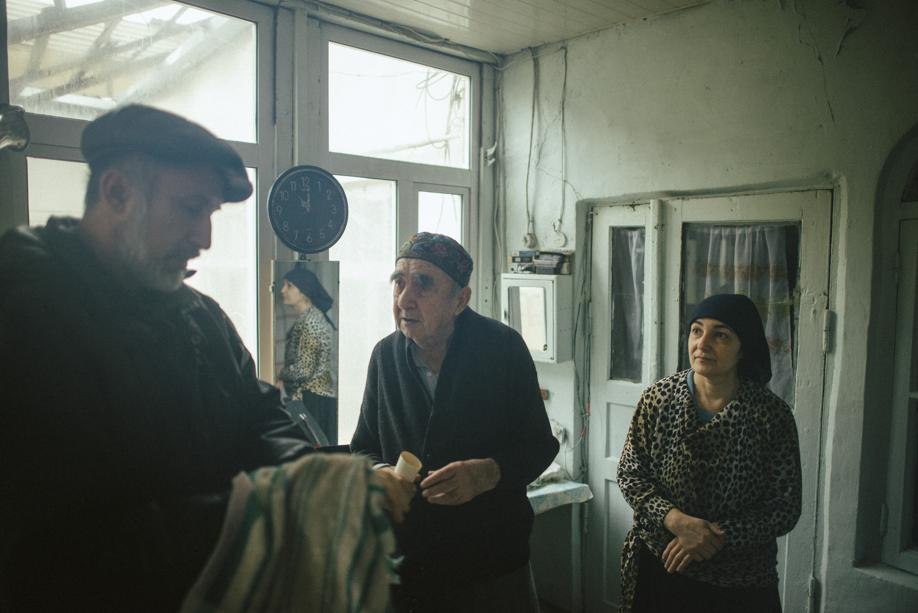
BUKHARA, Uzbekistan — The ancient Silk Road city of Bukhara has two synagogues, a primary school that teaches Hebrew, a Jewish cultural association, and a sprawling Jewish cemetery with more than 10,000 graves. What it lacks are Jews.
Home to one of the world’s oldest and, in centuries past, biggest Jewish communities, Bukhara — a fabled city of ancient ruins and Islamic architectural treasures in central Uzbekistan — has a Muslim population of more than 270,000 people but, according to most estimates, only 100 to 150 Jews.
Even that, said Lyuba Kimatova, an observant Jew whose son and older daughter immigrated to Israel, is a big exaggeration. Kimatova said there were only four or five families left who kept kosher and followed Jewish traditions. The rest, she said, “do not really live like Jews anymore.’’
That is not entirely their fault, she quickly added, but mostly the result of the fact that there is nobody left who can slaughter animals for food according to Jewish law.
Until last month, the city had two dueling rabbis who knew the rituals of slaughter, but each was old and very sick, and too feeble to wield a butcher’s knife.
The older rabbi has now died, delivering yet another blow to a community with a storied history stretching back millenniums but steadily running out of living members.
Kimatova herself would like to leave, joining an ever-expanding diaspora of Bukharian Jews living far from the city, about 50,000 of them in the New York City borough of Queens alone.
“We are all ready to leave. Only the old folk are hanging on,’’ Kimatova said, complaining that her ailing father-in-law, 83, the surviving — and, detractors say, phony — rabbi, refuses to budge, despite pleas from his teenage granddaughter and other family members. “He won’t leave so we have to stay.’’
The steady exodus from Bukhara began in the early 1970s, when the Soviet Union relaxed a ban on Jewish emigration. It accelerated in the 1990s after Uzbekistan became an independent state, a development that Jews, Russians, and other minorities feared might lead to an upsurge in nationalism and Muslim extremism.
The feared nationalist backlash against minorities, particularly non-Muslim ones, never happened, and even remaining Jews who are eager to leave praise Uzbekistan as a place, unlike Israel and many parts of Europe, where Jews and Muslims live side by side without friction.
“I never felt any anti-Semitism here. Never,’’ Kimatova said, noting that her husband, a watchmaker, walks in the street wearing a skullcap without any fear, and their daughter, 13, has always walked to school on her own through the narrow, winding streets of Bukhara’s old town district.
The central government in Tashkent, the Uzbek capital, would like Bukhara’s Jews to stay and those who left to start returning. After the death of the country’s longtime dictator, Islam Karimov, in 2016, it recently gave visa-free entry to Israelis and is encouraging émigrés to come back, at least to take a look.
“They have always been an organic part of Uzbek society, and people here need them,’’ said Sodiq Safoev, Uzbekistan’s former ambassador to Washington and a close confidant of the liberalizing new Uzbek president, Shavkat Mirziyoyev. “It will be very sad if they are all melted down in the big melting pot of New York.’’
A few Jews are determined to stay put in Bukhara to preserve a Jewish presence.
“Without history, you have no future,’’ said Abram Iskhakov, president of the Bukhara Jewish Community. “Just being here to preserve our history, our language, and our traditions is a big victory.’’



